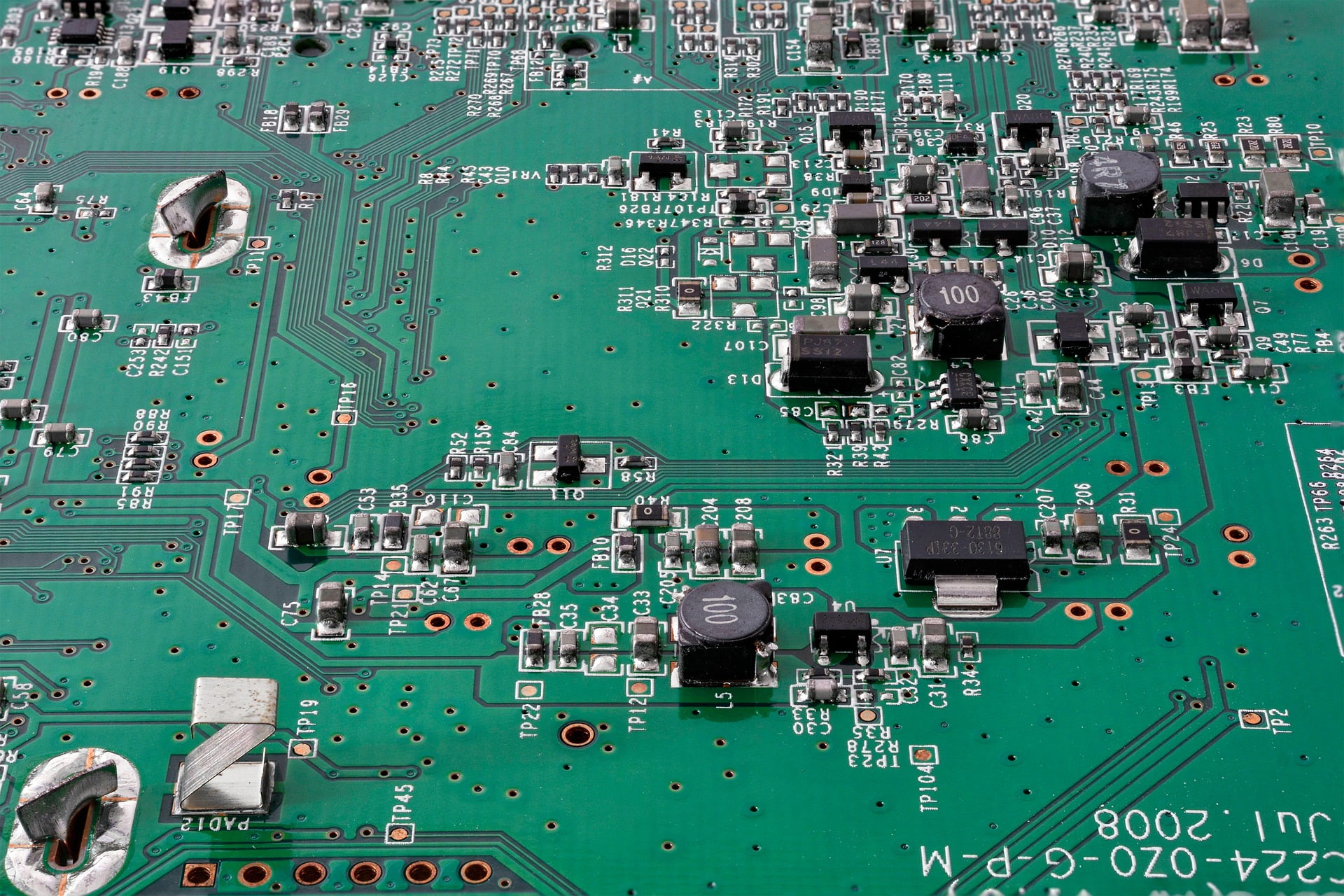Legacy apps might get the job done, but are they capable of providing the level of functionality your organization requires? It’s doubtful, as legacy apps are past their prime, and as they are quickly being outpaced by new, lightweight solutions that offer far more flexibility than developers may have imagined even a few years ago.
Micro Apps are Easier and Cheaper to Build
Thanks to leaders like sapho, micro apps are quickly replacing cumbersome, expensive legacy apps. When you look at the level of flexibility these micro apps provide, it’s easy to understand why larger, older versions are being replaced: The newest solutions provide one-click workarounds to multi-step processes, saving time and enhancing employee engagement in one fell swoop.
Then there’s the question of money. Whether you’re a brand-new startup or an esteemed member of the Fortune 50, it’s important to spend your tech dollars wisely. Micro apps are very inexpensive to build, and once they’re in place, they save your company money by allowing employees to focus on important, higher-level tasks instead of spending time on repetitive, low- to no-profit tasks.
Legacy Apps Can be Tough on Users
Big legacy apps with lots of menus built in: They can do lots of different things, but scrolling through menus and looking for information takes time away from other activities. Even worse, workers feel a sense of frustration when they’re forced to hunt for data or work their way through several processes just to complete a simple task. Focus and engagement suffer, and as a result, employees are less productive. Micro apps present a simple, straightforward path to task completion, stopping frustration and allowing the workday to flow smoothly.
Legacy Apps Lead to Information Overload
Isn’t information a good thing? As it turns out, information overload is harmful – and legacy apps are contributing to the problem. A survey conducted by London-based research and marketing company Fifty Five and Five examined several issues surrounding information overload. The results were astonishing: Most respondents kept more than five apps open, and almost half of those surveyed mentioned that they had to switch between apps just to complete basic tasks. The majority felt that it would be far better if everything was visible in a single window such as Sapho’s modern portal.
Micro Apps offer Go-Everywhere Convenience
With the rise of the mobile workforce comes the need for business technology that works on demand. Micro apps allow companies to provide unlimited access to enterprise software, so mobile workers and dedicated freelancers can complete tasks on the device(s) they prefer, from wherever they happen to be. Built-in security features protect your company’s information.

Legacy Apps are Not Designed to be Event-Driven
Perhaps there are a few exceptions, but for the most part, legacy apps do not have the capacity to monitor for state changes (events). Event-driven models provide timely notifications without requiring users to search for data or even log into a specific system. Think of the way your favorite social media newsfeed works, and you’ve got the idea: A notification occurs, you take a look, and then you react accordingly. Where you might respond to a notification about a friend’s tweet with a quick retweet, a workplace model requires you to take a quick, work-related action, or it might simply provide you with some data or an update about a collaborative project that you’re working on.
Enterprise App Personalization Makes for More Effective Workers
Legacy apps lead to wasted time. The average worker spends 156 minutes reading emails and responding to them. An average of 108 minutes of every working day is spent hunting for information, and an incredible two hours is spent simply recovering from feelings of distraction that occur as attention is shifted from one place to the next (hint: those “places” are often legacy apps!). Enterprise app personalization changes things – and drastically. By minimizing distractions, simplifying and consolidating multi-step tasks, and reducing the number of internal emails, personalized apps have the ability to triple employee productivity.
Personalized Apps Boost Employee Engagement
When legacy apps are replaced with personalized enterprise apps, employees find it easier to keep up with workflows. They report feeling far more connected to the companies they work for, and they find that they feel happier, which results in a twelve percent boost in productivity. When employee engagement increases, so does customer satisfaction. This alone makes it worthwhile for companies to explore updated options.
What if eliminating legacy apps and older enterprise systems isn’t an option? There’s good news: The newest generation of micro apps can be built right on top of existing technology. Thanks to micro apps, the modern portal provides exceptional integration, enhancing every aspect of your business.



